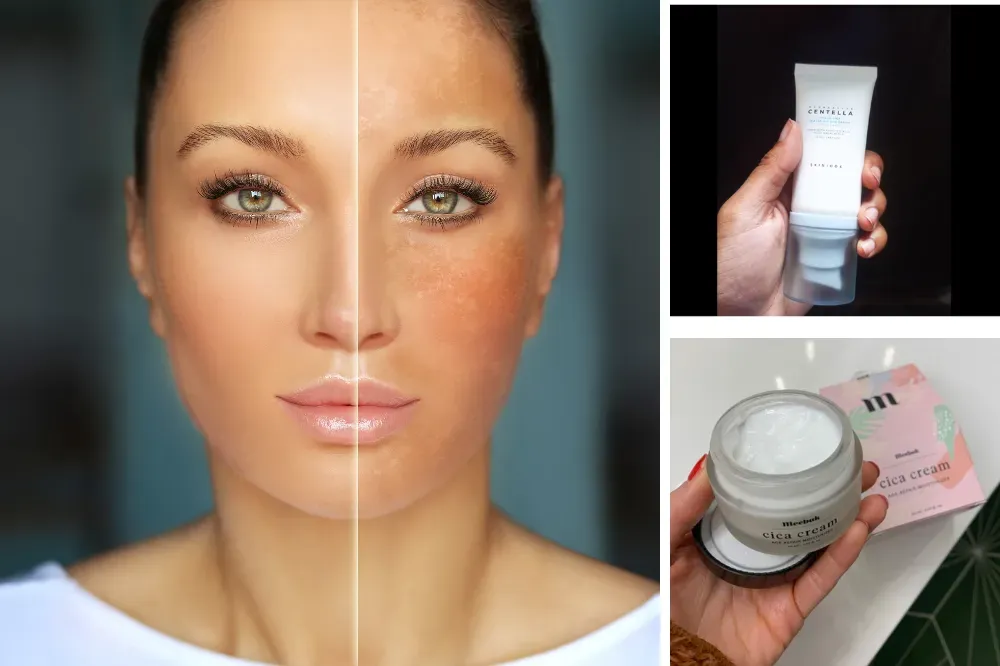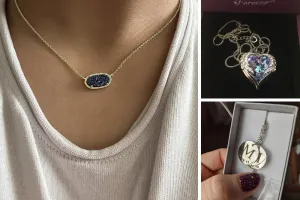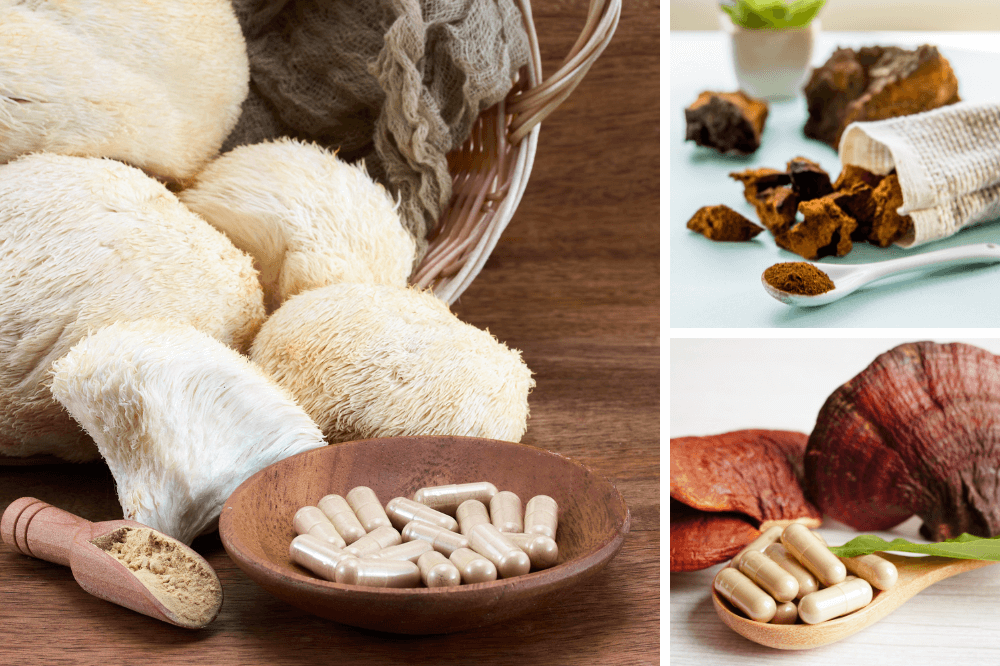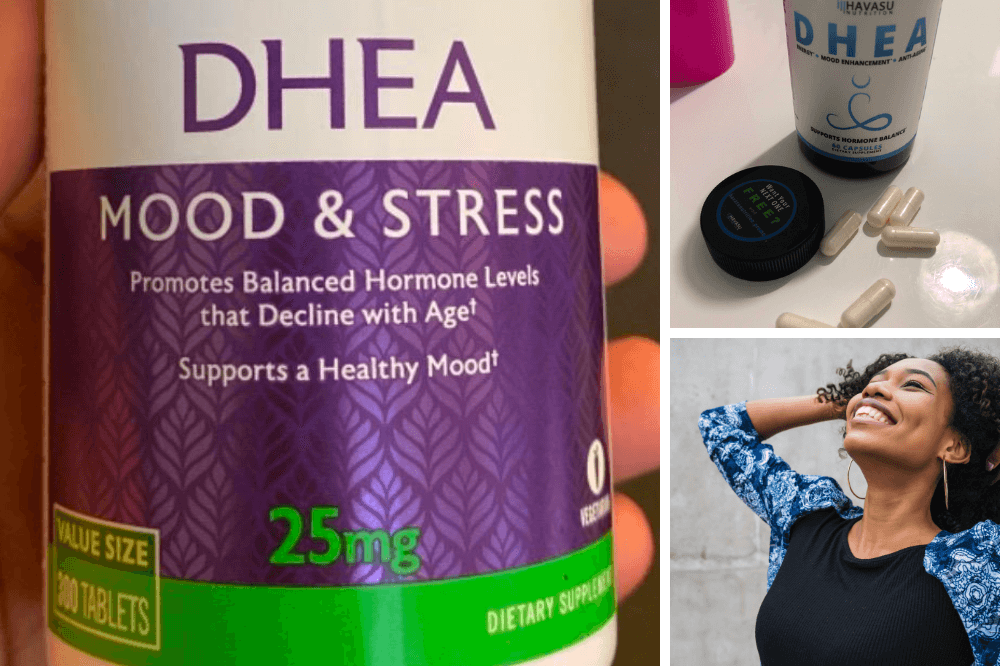Key Takeaways:
- Cica, known for its healing properties, is beneficial for acne-prone skin.
- It helps soothe skin, reduce redness, and promote healing of pimples.
- Incorporating cica into your skincare routine can improve skin barrier function and overall skin health.
Acne is a common skin concern that affects millions worldwide, and the quest for effective treatments is ongoing. Among the myriad of ingredients touted for their skin benefits, cica has emerged as a potential ally against pimples. But is cica good for pimples? Let's dive into the science and traditional use of this intriguing ingredient to find out.
Benefits of Cica
Cica, also known as Centella Asiatica extract or tiger grass, is a medicinal herb with a storied history in traditional Chinese medicine and Asian skincare practices. Its use dates back centuries, with legends of tigers rolling in the plant to heal their wounds—hence the nickname "tiger grass." But what does modern science say about cica's efficacy for skin issues?
Recent studies, including in vivo wound healing studies, have shown that cica possesses potent anti-inflammatory properties and can promote collagen production. These findings suggest that cica can not only soothe skin but also aid in the healing process of acne lesions. The active compounds in cica, such as madecassic acid, asiatic acid, and asiaticoside, work together to enhance skin regeneration and repair.
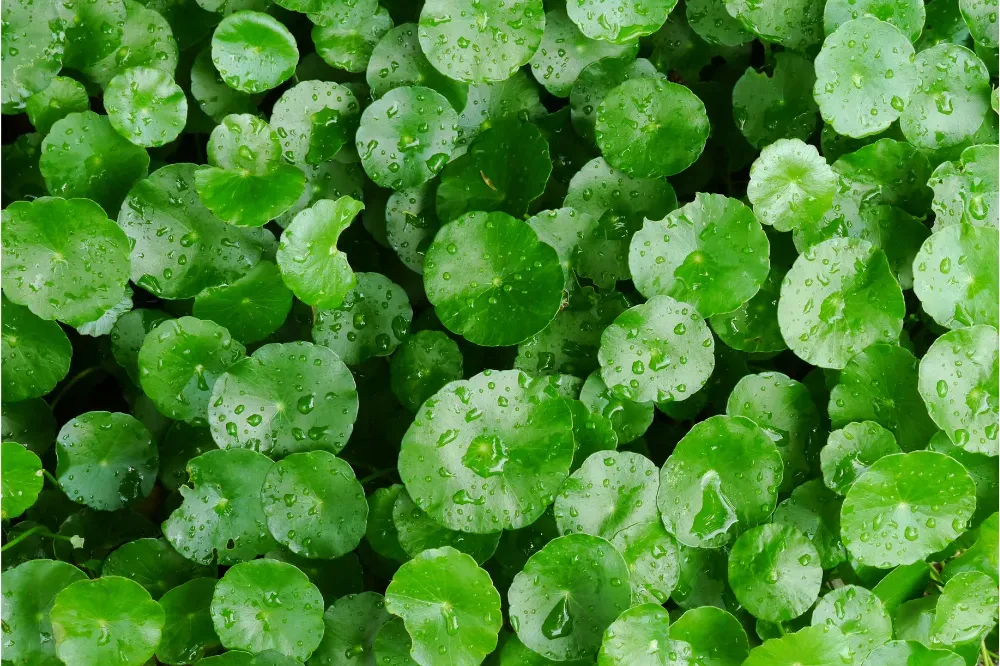
Cica and Acne: A Perfect Match?
When it comes to acne-prone skin, cica's benefits are multifaceted. Its anti-inflammatory agent helps to reduce skin inflammation, a key factor in the development of pimples. Additionally, cica's antimicrobial properties can help to treat wounds and prevent further damage caused by acne-causing bacteria.
Moreover, cica is rich in amino acids, fatty acids, beta carotene, and phytochemicals, all of which contribute to a healthy skin barrier function. A strong skin barrier is crucial for keeping out environmental aggressors that can exacerbate acne. By fortifying the skin's defenses, cica helps to prevent new blemishes from forming and assists in the healing of existing pimples.
Sensitive Skin's Best Friend
Sensitive skin types often struggle to find acne treatments that don't cause irritation. Cica's soothing properties make it an excellent choice for those with sensitive skin. It helps to calm irritated skin and reduce redness, making it a great option for a spot treatment or as a key ingredient in a comprehensive skincare routine.
Cica skincare products, such as creams and sheet masks, are formulated to deliver the benefits of this medicinal herb without causing further irritation. This makes cica a useful tool for those who need a gentle yet effective solution for their acne concerns.
Incorporating Cica into Your Routine
Adding cica to your skincare routine is simple. Look for moisturizers, serums, and spot treatments that list Centella Asiatica extract among their active ingredients. For those with oily skin, lightweight cica products can provide hydration without clogging pores, while those with dry skin may benefit from richer cica creams that offer deeper moisturization.
When incorporating new products into your routine, it's always best to start slowly and observe how your skin reacts. If you're unsure, consult with a healthcare provider or a board-certified dermatologist to ensure that cica is suitable for your skin type and concerns.

Cica Beyond Pimples
Cica's benefits extend beyond treating pimples. Its antioxidant properties help to protect the skin from free radical damage, which can lead to premature aging. Regular use of cica products can improve the skin's texture, reduce the appearance of fine lines, and promote overall skin health.
Additionally, cica has been shown to aid in the reduction of acne scars. By supporting collagen synthesis and cellular repair, cica can help to diminish dark spots and improve the appearance of scars over time.
Summary
Cica, with its rich history in traditional medicine and promising scientific backing, is indeed good for pimples. Its anti-inflammatory, antimicrobial, and healing properties make it a valuable addition to any skincare routine, especially for those with acne-prone or sensitive skin. By incorporating cica products into your daily regimen, you can enjoy the benefits of this powerful ingredient and work towards clearer, healthier skin.
FAQ Section
Q: Can cica be used on all skin types? A: Yes, cica is suitable for all skin types, including sensitive, oily, and dry skin. Its soothing and healing properties make it a versatile ingredient in treating various skin concerns.
Q: How often should I use cica products for acne? A: Cica products can be used daily as part of your skincare routine. However, if you're using a cica-based spot treatment, you may want to apply it only to the affected areas as needed.
Q: Are there any side effects of using cica for pimples? A: Cica is generally well-tolerated, but as with any new skincare ingredient, it's possible to experience irritation or an allergic reaction. It's recommended to perform a patch test before fully incorporating cica into your routine. If you experience any adverse effects, discontinue use and consult a healthcare provider.

